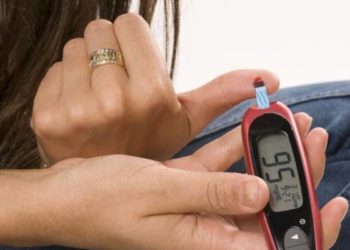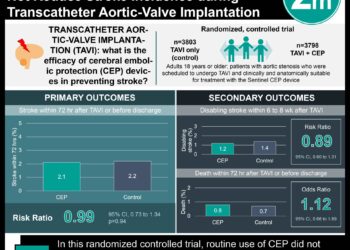Regular use of aspirin associated with increased survival for mutated-PIK3CA colorectal cancer patients
Image: PD
Key study points:
1. Mutations in the phosphatidylinositol 3-kinase gene, PIK3CA, are known to enhance the activity of cyclooxygenase-2, resulting in inhibition of cell apoptosis which has been shown to be important in colorectal cancer.
2. The use of aspirin in patients with colorectal cancer and a mutation in PIK3CA increases cancer-specific and overall survival.
Primer: While numerous studies have demonstrated a protective effect of aspirin use on the prognosis of colorectal cancer, heterogeneity has been seen with differential responses to such therapy. Phosphatidylinositol 3-kinase (PI3K), encoded by the gene PIK3CA, is an important signal in the carcinogenesis pathway of colorectal cancer. At the molecular level, up-regulation of PIK3CA is known to enhance prostaglandin-endoperoxide synthase 2 (PTGS2), aka cyclooxygenase-2, activity. Mechanistically in colon cancer, higher PTGS2 activity increases protaglandin E2 synthesis, resulting in the inhibition of apoptosis of colon-cancer cells. Aspirin has been shown to interfere with the PI3K and PTGS2 pathways. Since approximately 20% of patients display mutations in the PIK3CA gene, the authors hypothesized differential effects of aspirin in colon cancer patients displaying the wild-type vs. the mutated gene.
Background Reading:
- Chan AT, Ogino S, Fuchs CS. Aspirin use and survival after diagnosis of colorectal cancer.JAMA. 2009. 376:1741-1750
- Chan AT, Ogino S, Fuchs CS. Aspirin use and the risk of colorectal cancer in relation to the expression of COX-2. N Engl J Med. 2007. 356:2131-2142
This [prospective cohort] study: Data on 964 patients was obtained from the Nurses’ Health Study (NHS), and the Health Professionals Follow-up Study (HPFS), two large prospective cohort studies involving 121,700 and 51,500 patients, respectively. Genetic analysis was performed to determine PIK3CA status among other measures from previously collected tissue samples.
Regular post-diagnosis aspirin use in patients with mutated PIK3CA tumors resulted in significant gains in cancer-specific survival and overall survival (P<0.001, P<0.01 respectively). Further, 26% of mutated-PIK3CA patients who did not use aspirin died within 5 years after diagnosis while only 3% of those on aspirin therapy died within 5 years (P<0.001). On the other hand, wild-type PIK3CA patients did not show a response to post-diagnosis aspirin therapy (P=0.009) nor did aspirin have an effect on 5 year survival (P<0.92).
In sum: This study provides evidence for the use of a biomarker, PIK3CA mutation status, in predicting patient response to post-diagnosis adjuvant aspirin therapy. Mutated PIK3CA cancer patients, but not wild-type PIK3CA, demonstrated increased survival in response to regular use of aspirin after diagnosis. These results were shown to be independent of aspirin use prior to diagnosis.
Among its strengths, the authors were able to collect a large body of data including aspirin use both prior to and after diagnosis, and they were able to observe the influence of the timing of aspirin use on carcinogenesis. One limitation of this study was the lack of information regarding specific cancer treatments received by the patients, which could introduce variability. Also, the study tested many hypotheses which can weaken the statistical validity of findings although it is unlikely that this could explain the significant difference seen in the study. Regardless, the study establishes firm evidence for the use of adjuvant aspirin therapy in colorectal cancer patients with a mutation in PIK3CA. In a larger context, the study illustrates a growing trend of attempts to identify predictive biomarkers in oncology; the goal of this approach is to better be able to apply our knowledge of molecular changes in order to design customized treatment plans targeting the specific cancer and unique molecular biology of each patient’s cancer.
Click here to read this article in NEJM
By [JP] and [RR]
© 2012 2minutemedicine.com. All rights reserved. No works may be reproduced without written consent from 2minutemedicine.com. DISCLAIMER: Posts are not medical advice and are not intended as such. Please see a healthcare professional if you seek medical advice.




